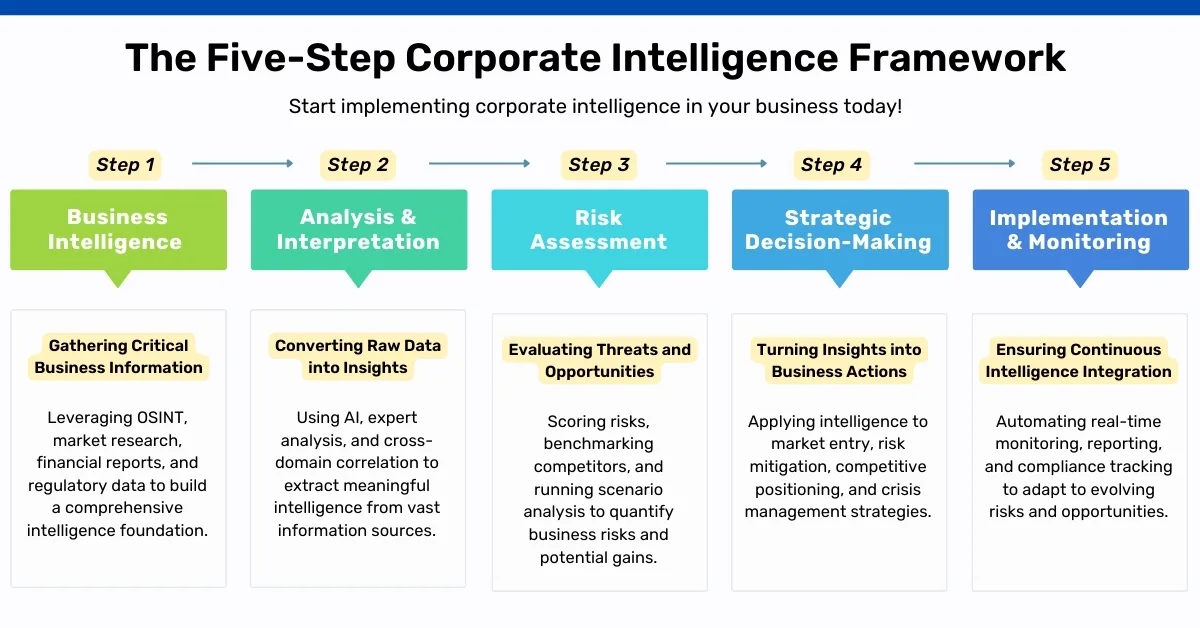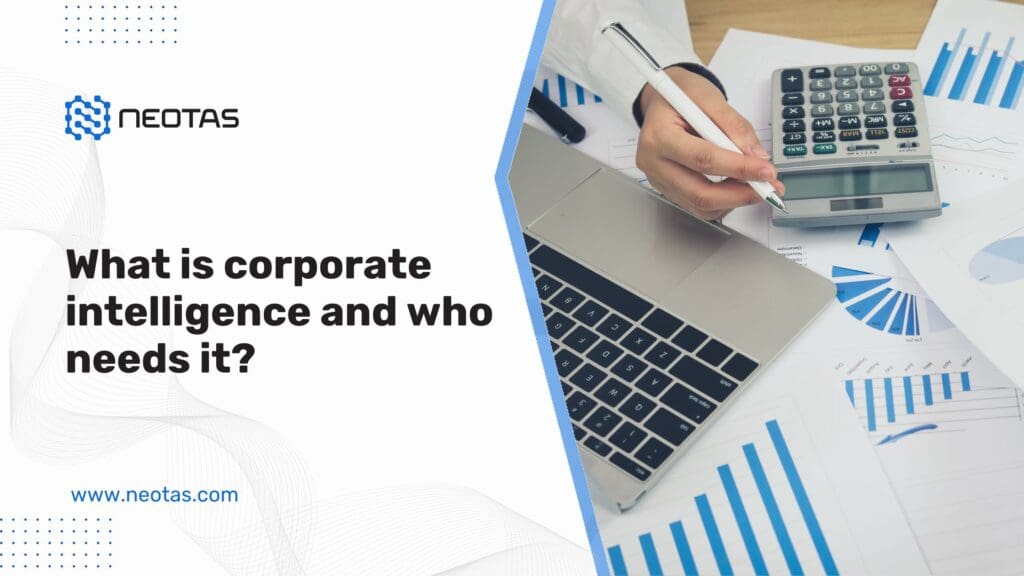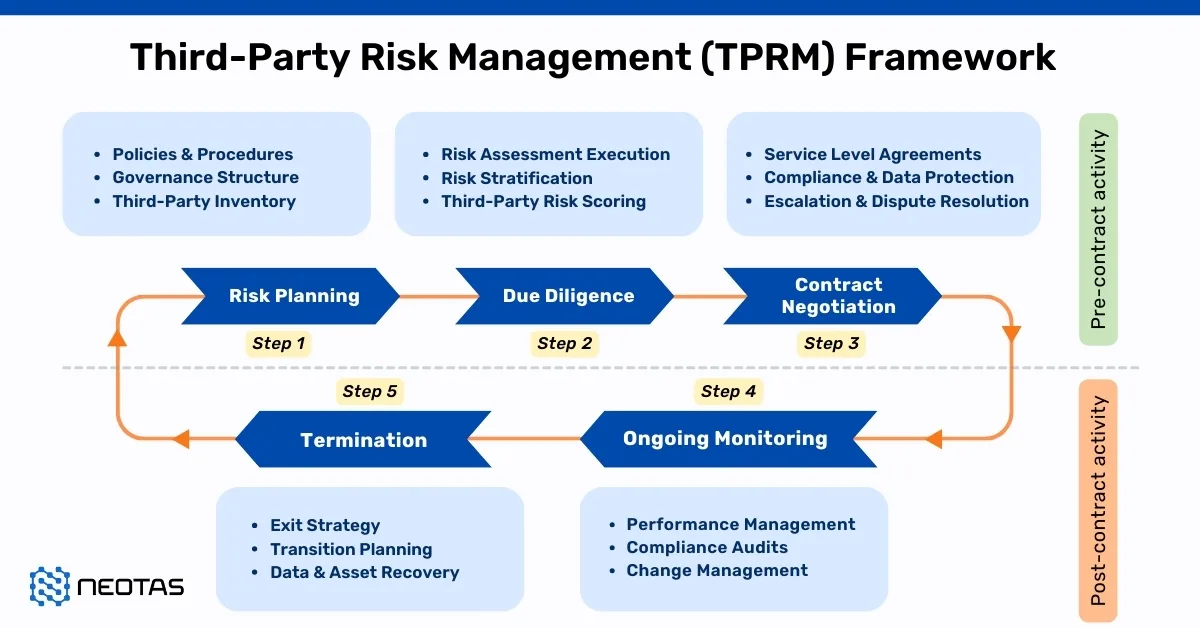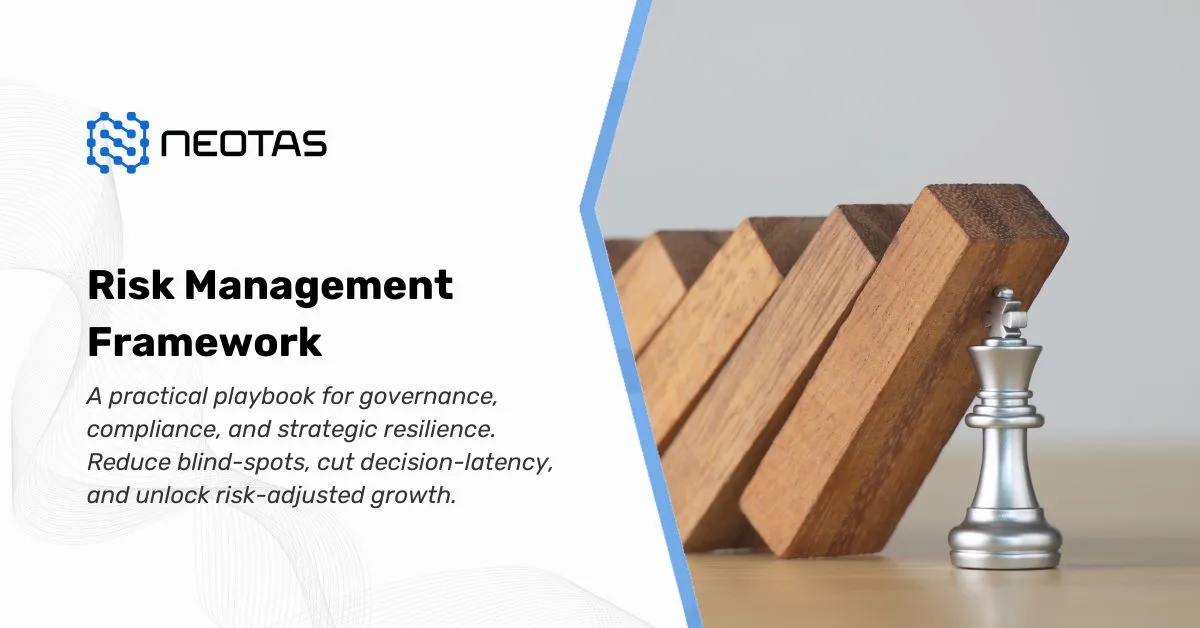Corporate Intelligence
In today’s rapidly evolving business landscape, organisations face a myriad of challenges that can impact their stability and growth. Among these, managing risks effectively has become paramount. Corporate intelligence emerges as a vital tool in this endeavour, enabling businesses to navigate uncertainties and seize opportunities with confidence.
What is corporate intelligence?
Corporate intelligence involves systematically gathering, analysing, and utilising information about various factors influencing a business, including markets, competitors, customers, suppliers, and other stakeholders. This practice enables organisations to gain a competitive edge, identify opportunities and threats, enhance decision-making, and safeguard their reputation and assets.
Who Benefits from Corporate Intelligence?
Corporate intelligence is valuable to a wide range of professionals and organisations, including:
Executive Leadership: CEOs and senior executives utilise corporate intelligence to inform strategic planning and decision-making, ensuring alignment with market dynamics and organisational goals.
Risk Management Teams: These teams assess potential threats and develop mitigation strategies to protect the organisation’s assets and reputation.
Marketing and Sales Departments: By understanding competitors and customer preferences, these departments can tailor strategies to effectively meet market demands.
Investors and Financial Analysts: They rely on corporate intelligence to evaluate the performance and potential of companies, guiding investment decisions.
Legal and Compliance Officers: These professionals monitor regulatory changes and ensure that the organisation adheres to legal standards, thereby avoiding penalties.
Corporate intelligence serves as a critical tool for any entity aiming to navigate the complexities of the modern business environment effectively.
The Role of Corporate Intelligence in Risk Management
Effective risk management is integral to sustaining an organisation’s health and achieving its objectives. Corporate intelligence plays a pivotal role in this process by:
Identifying Emerging Risks: By monitoring global events, regulatory updates, and industry trends, businesses can proactively identify risks that may impact their operations. For instance, geopolitical tensions or changes in trade policies can pose significant challenges.
Enhancing Decision-Making: Access to accurate and timely information enables leaders to make decisions that align with the organisation’s risk appetite and strategic goals.
Safeguarding Reputation: Understanding public sentiment and media narratives helps in managing the organisation’s reputation, a critical asset in today’s interconnected world.
How Corporate Intelligence Teams Help Businesses Manage Risk
In today’s fast-paced and unpredictable business landscape, organisations must proactively identify and mitigate risks to protect their assets, reputation, and long-term sustainability. Corporate intelligence teams play a crucial role in this process by gathering, analysing, and interpreting critical information that helps businesses navigate threats and make informed decisions.
1. Identifying Emerging Risks
Corporate intelligence teams continuously monitor internal and external factors that could impact an organisation. By analysing data from various sources—such as financial reports, legal filings, news articles, social media, and industry reports—they help businesses identify potential risks before they escalate.
Key Risk Areas Monitored by Corporate Intelligence Teams:
- Financial Risks – Identifying cash flow vulnerabilities, economic downturns, or financial fraud within the organisation.
- Market & Competitive Risks – Monitoring industry trends, competitor strategies, and consumer behaviour shifts.
- Regulatory & Compliance Risks – Ensuring adherence to changing local and international laws, preventing regulatory fines or legal action.
- Cybersecurity Threats – Detecting potential data breaches, phishing attacks, or vulnerabilities in IT infrastructure.
- Reputational Risks – Identifying brand sentiment issues, negative media coverage, and unethical business practices.
2. Conducting Due Diligence & Fraud Prevention
Corporate intelligence teams conduct background checks, financial audits, and supply chain investigations to verify business partners, employees, and third-party vendors. This helps organisations avoid fraud, bribery, and other financial crimes.
Key Due Diligence Practices:
- Third-Party Risk Assessments – Vetting suppliers, contractors, and partners to ensure compliance and ethical business practices.
- Employee Background Checks – Identifying potential risks linked to personnel before hiring.
- Mergers & Acquisitions (M&A) Investigations – Evaluating the financial health and legal standing of a target company before acquisition.
- Anti-Money Laundering (AML) Measures – Preventing illicit financial activities through real-time monitoring.
3. Cyber Threat Intelligence & Data Protection
With businesses increasingly relying on digital platforms, cyber threats have become one of the most significant risks. Corporate intelligence teams help organisations detect and neutralise cybersecurity risks by gathering intelligence on cybercriminal activities, malware, and potential breaches.
Cybersecurity Risk Management Strategies:
- Threat Intelligence Gathering – Monitoring deep-web forums and hacker groups to anticipate potential cyberattacks.
- Incident Response Planning – Creating protocols for rapid response in case of data breaches or ransomware attacks.
- Vulnerability Assessments – Conducting regular security audits to patch weaknesses in IT infrastructure.
- Employee Cybersecurity Training – Educating staff on phishing attempts, password security, and safe data handling.
4. Crisis Management & Reputation Protection
A company’s reputation is one of its most valuable assets. Corporate intelligence teams monitor public perception, news coverage, and social media sentiment to detect and mitigate reputational risks before they escalate.
Reputation Risk Management Approaches:
- Brand Monitoring – Using AI-powered tools to track media mentions, social trends, and customer sentiment.
- Crisis Communication Strategies – Preparing responses for PR crises, misinformation, or social backlash.
- Executive & Board Member Vetting – Ensuring company leadership is free from legal or ethical controversies.
- Competitive Intelligence Analysis – Understanding how competitors handle reputation challenges and applying best practices.
5. Strategic Business Intelligence & Risk Forecasting
Corporate intelligence teams help businesses anticipate market shifts, regulatory changes, and geopolitical risks. By leveraging predictive analytics, they provide data-driven insights that help leaders make proactive, rather than reactive, decisions.
Examples of Business Intelligence in Action:




Why Corporate Intelligence is Essential for Risk Management
In an era of heightened uncertainty and digital transformation, businesses cannot afford to operate without intelligence-driven risk management strategies. Corporate intelligence teams play a critical role in safeguarding organisations by:





By integrating corporate intelligence into risk management frameworks, businesses can operate with greater confidence, agility, and security in a complex global environment.
Implementing Corporate Intelligence: A Strategic Approach
To harness the benefits of corporate intelligence, organisations should consider the following strategic steps:
Establish a Dedicated Team: Form a team responsible for gathering, analysing, and disseminating intelligence. This team should possess diverse skills, including data analysis, research, and strategic planning.
Utilise Advanced Tools: Invest in technologies such as artificial intelligence and data analytics platforms to process large volumes of information efficiently. These tools can uncover patterns and insights that might be overlooked manually.
Foster a Risk-Aware Culture: Encourage all employees to be vigilant and report potential risks. Regular training sessions can enhance awareness and preparedness across the organisation.
Integrate with Governance Frameworks: Align corporate intelligence efforts with existing governance, risk management, and compliance (GRC) frameworks to ensure a cohesive approach.

Integrating Corporate Intelligence with Broader Risk Management Frameworks
Corporate intelligence is not a standalone function but an integral part of an organisation’s overall risk management strategy. It works in conjunction with other frameworks such as Third-Party Risk Management (TPRM) and Risk-Based Approaches (RBA) to Anti-Money Laundering (AML) to create a holistic and proactive approach to identifying and mitigating risks. Understanding how corporate intelligence aligns with these frameworks enhances an organisation’s ability to safeguard its assets, ensure compliance, and make informed decisions.
1. Corporate Intelligence & Third-Party Risk Management (TPRM)
What is Third-Party Risk Management (TPRM)?
TPRM is a structured approach used by organisations to assess and mitigate risks associated with external vendors, suppliers, partners, and service providers. Given that third-party relationships can introduce financial, regulatory, operational, and reputational risks, corporate intelligence plays a crucial role in evaluating and monitoring these entities.
How Corporate Intelligence Strengthens TPRM:




Example Use Case:
A multinational corporation using corporate intelligence for TPRM discovered that a prospective supplier had links to sanctioned entities. By leveraging intelligence tools, the company avoided potential legal and reputational repercussions.
2. Corporate Intelligence & Risk-Based Approaches (RBA) to Anti-Money Laundering (AML)
What is a Risk-Based Approach (RBA) to AML?
A Risk-Based Approach (RBA) is a strategic framework used by financial institutions, businesses, and regulators to identify, assess, and mitigate money laundering and financial crime risks based on the level of threat posed by a customer, transaction, or region. Instead of applying a one-size-fits-all compliance process, organisations focus resources on high-risk areas.
How Corporate Intelligence Enhances AML Compliance:




Example Use Case:
A financial institution leveraging corporate intelligence identified unusual cross-border transactions linked to a high-risk jurisdiction. This intelligence allowed the bank to flag and investigate the transactions before regulatory intervention.
3. Corporate Intelligence in a Unified Risk Management Ecosystem
While TPRM and AML compliance are crucial, corporate intelligence also supports broader risk management strategies, including:



Challenges and Ethical Considerations
While corporate intelligence offers numerous benefits, organisations must navigate certain challenges:
- Data Privacy: Ensuring compliance with data protection regulations is crucial to maintain trust and avoid legal repercussions.
- Information Overload: The vast amount of available data can be overwhelming. Implementing effective filtering mechanisms is essential to focus on relevant information.
- Ethical Boundaries: It’s imperative to gather intelligence through ethical means, respecting legal and moral boundaries to uphold the organisation’s integrity.
Corporate Intelligence is Critical for Integrated Risk Management
By integrating corporate intelligence into Third-Party Risk Management (TPRM) and Risk-Based Approaches (RBA) to AML, businesses can:





Corporate intelligence is no longer optional—it is a strategic necessity for organisations looking to enhance risk resilience, maintain regulatory compliance, and protect their brand reputation.
About Neotas Corporate Intelligence Services
Neotas is trusted by leading organizations across various sectors and geographies for Corporate Intelligence. We have a global network of experts and analysts who can deliver timely and accurate intelligence in any jurisdiction. We adhere to the highest standards of quality, ethics and confidentiality.
If you want to learn more about how Neotas can help you achieve your goals and protect your interests, schedule a call with us today!
Neotas Platform covers 600Bn+ archived web pages, 1.8Bn+ court records, 198M+ corporate records, global social media platforms, and 40,000+ Media sources from over 100 countries to help you build a comprehensive picture of the team. It’s a world-first, searching beyond Google. Neotas’ diligence uncovers illicit activities, reducing financial and reputational risk.
Due Diligence Solutions:
- Enhanced Due Diligence
- Management Due Diligence
- Customer Due Diligence
- Simplified Due Diligence
- Third Party Risk Management
- Open Source Intelligence (OSINT)
- Customer Due Diligence Requirements
- Risk-Based Approach (RBA) to AML & KYC risk management
- Anti-Money Laundering (AML) Compliance and Checks
- Introducing the Neotas Enhanced Due Diligence Platform
Download Resources on Corporate Intelligence:
- Anti-Money Laundering (AML) Compliance Checklist
- Download our 10-Step AML Compliance Checklist
- Anti-Money Laundering (AML) Compliance Checklist for Banks
- Risk-Based Approach Checklist for the Banking Sector
- Anti-Money Laundering (AML) Transaction Monitoring
- Risk-Based Approach to AML for CDD in KYC/AML Operations
- Money Laundering Reporting Officer (MLRO) – Roles and Responsibilities of an MLRO
- What is Customer Due Diligence in Banking and Financial Services?
- ESG Due Diligence Checklist for M&A Transactions



 New Whitepaper and Checklist
New Whitepaper and Checklist
























